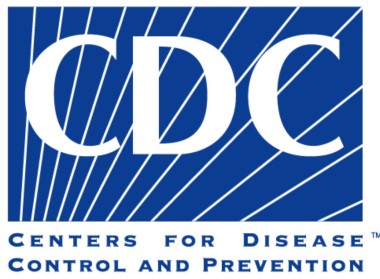Seeing opioid prescriptions increase by some 300% over a 25-year period in the United States—and their home state of Maryland land in the top five states for opioid-related deaths in 2017—decision makers at Anne Arundel Health System determined to find a way to reduce their rate of opioid prescribing without hindering efforts to reduce patients’ suffering. As it turns out, they didn’t have to look too hard. First, they recognized that physicians were writing for …
Read More








